

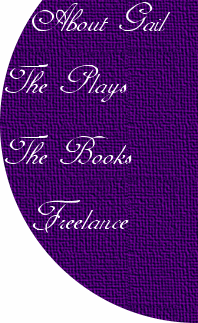
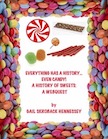
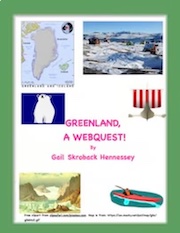
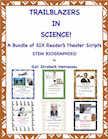
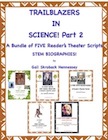
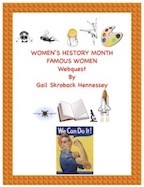
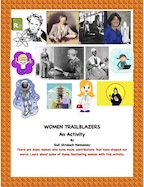
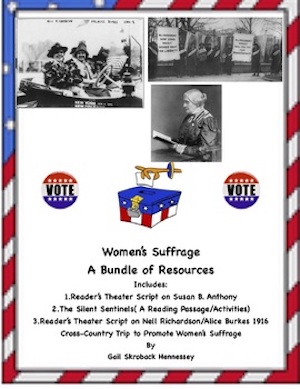
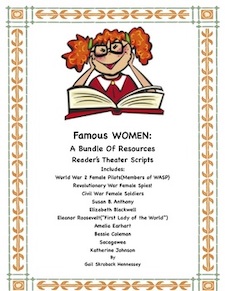
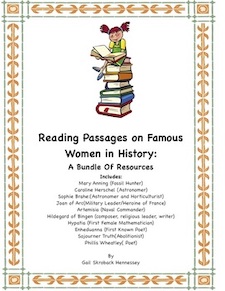
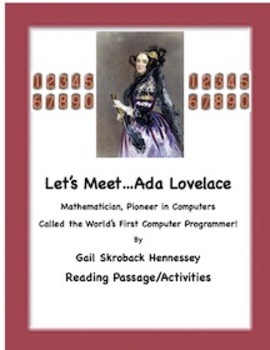
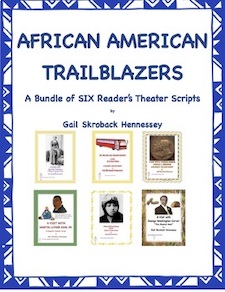
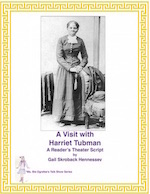
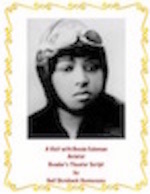
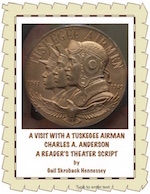
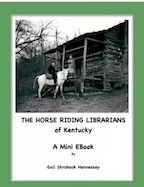
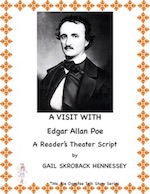
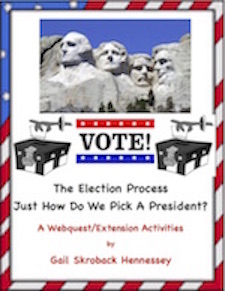
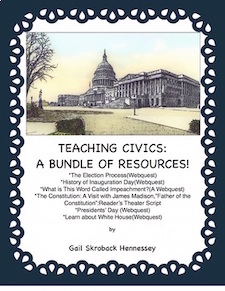
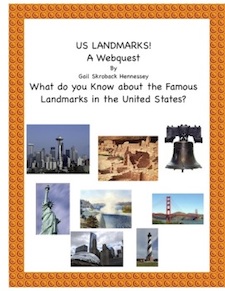

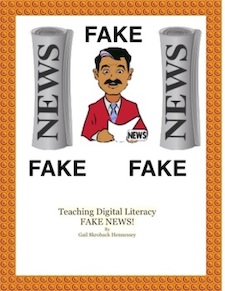
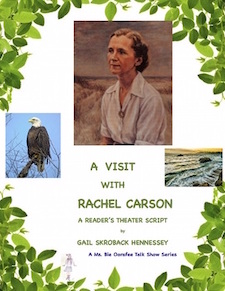
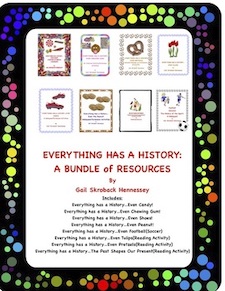
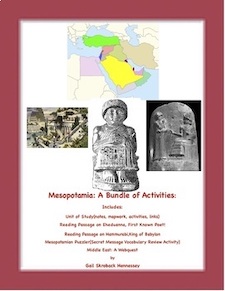
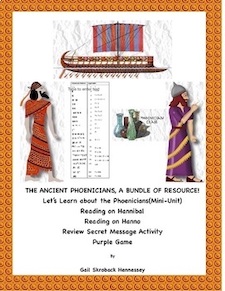
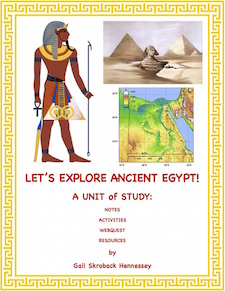
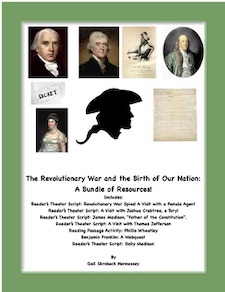
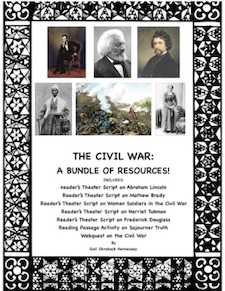
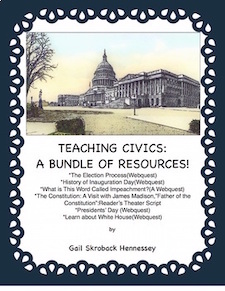
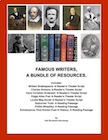
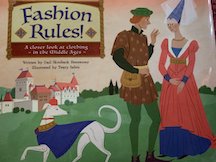
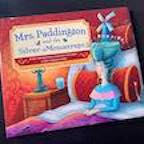
My Book-Mrs. Paddington and the Silver Mousetraps
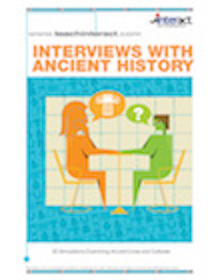


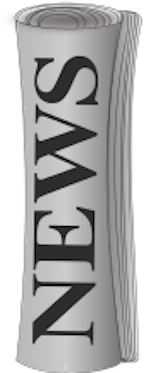
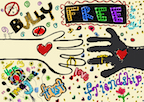
Anti-Bullying Resources
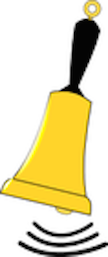
Bell Ringers!
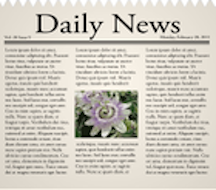
Updated regularly
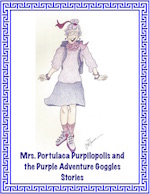
Mrs. Portulaca Purpilopilis
and the Purple Adventure Goggles

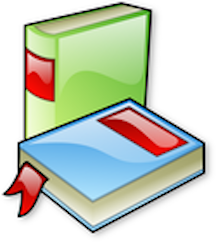


Facts to Wow your Friends!

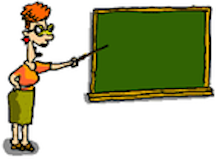 Teaching Ideas!
Teaching Ideas!
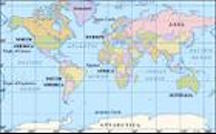
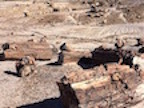

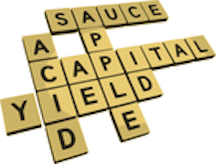

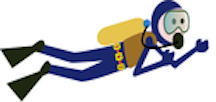

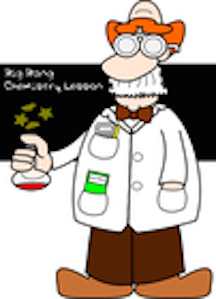
` `

1.Can you explain to young people just what a television news anchor/journalist is?
I am a journalist first. So my job is to tell people the facts about a news story. Who,What, When, Where, Why and How. I have chosen to present news on television, using video and sound to show people the story. This lets people viewing hear what people involved say about the story. I also like relating the story to people as an anchor, to speak directly to them about the days events that impact their lives and where they live.
2. What is the best part of your job?
Every day is different. I never know what will happen so it's always fast paced and changing. I like to hear from people who say a story we have done has touched their lives or helped them in some way.
3. What would you say is the most difficult aspect of your career choice?
People may also be disappointed about a story we do. Sometimes we have to confront people about accusations made against them. Always, we have to make sure we tell a fair and balanced story, whether someone is cooperating or not.
4. Do you have a memory you'd like to share with young people concerning your job?
Some of my best memories are interviewing notable people like Hillary Clinton and Bill Cosby. My best memories are from when I first started my career and covered military stories at an Army and Air Force base in Oklahoma. I attended many welcome home ceremonies from the first Iraq War, Desert Storm. I remember all of the smiling soldiers and families and their excitement to be reunited. I had many memorable experiences learning about equipment. I watched the launch of a missile at White Sands and flew in a big air-refueling plane. It was all new to me and exposed me to a subject, the military, I knew very little about at the time. That's what interested me in Journalism, to learn about the world and see the world.
5. What are the necessary skills/degrees needed to do your job?
Good English skills! Writing and use of words are very important. A good sense of American and World History is important, too. You also need to have curiosity and a tenacity to uncover several aspects of a story and help the viewers understand what it means to them. You also need the ability to work under daily, hourly, and with the internet, minute to minute deadlines and pressure. Other important skills needed are an ability to work with and talk to people.
6. Any suggestions for young people who might be interested in your career? How can they begin now to get prepared for your career?
It is important in television to see stories visually. Gaining experience with a camera, especially video camera, is important. Read everything. Read newspapers, news magazines, watch Sunday morning news programs, CNN etc. Have broad interests. Read out loud. Get involved in studies or groups like Speech and Debate in school or college.
7. Where can you work in your field?
The field is very open. You can work in traditional, local television station news departments. You can work in front of the camera or behind the scenes shooting and editing video or producing a newscast. You can work on cable news networks and entertainment news programs. You can also learn to make documentaries. The web also offers a wide variety of avenues.
8 . Describe a typical day at your job.
We have a morning meeting to discuss the news we will cover each day. There are planned events like press conferences. There are issues we discuss that are timely and we think the community wants or needs to know more about. There are unplanned stories like spot news- a fire, shooting, accident. Reporters will then pursue gathering information and interviews. We also do some planning for the late night newscast and next day. I scan news internet sites and news wires like Associated Press for news of interest to our local area. I write news stories for our broadcasts and help copy edit stories reporters have written. I work with producers to decide what story will lead, and what stories follow. The biggest part of my day is the end where I present the news to our audience.
9. What got you interested in this career? Did anything in school or your childhood help spark this interest?
A long time friend of the family and next door neighbor was a news producer and news director. I would hear stories about his work and he would also take me and his daughter into his station sometimes. I was also involved in competitive speech and debate in high school and wanted to pursue a career that included those skills.
10. Anything else you'd like to share with young people about your career?
It is important to pay attention to the news. Not just one source but many sources to get a well rounded view of your world and help make decisions, whether it is who to vote for, what cause to donate to, or how you can best contribute to your community.